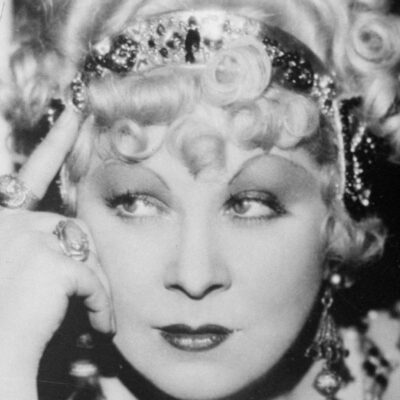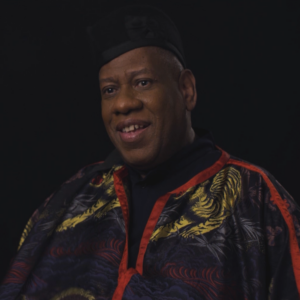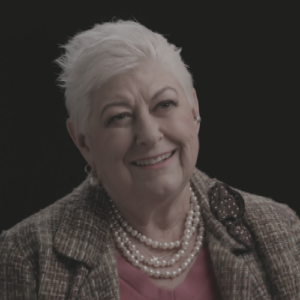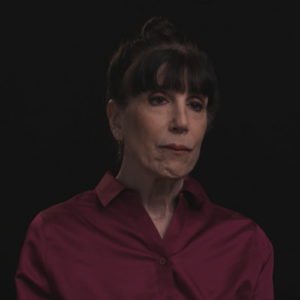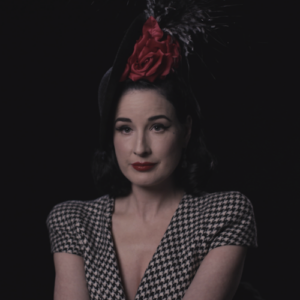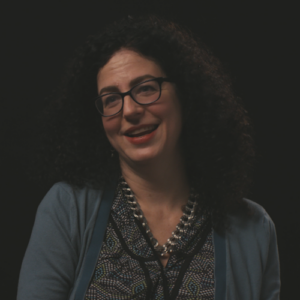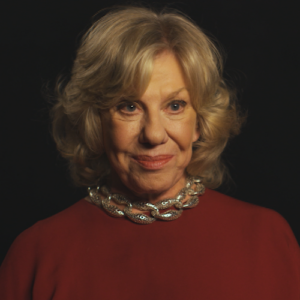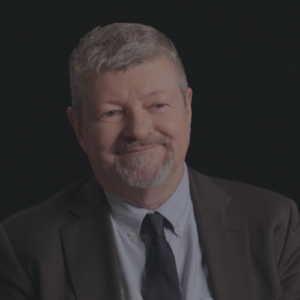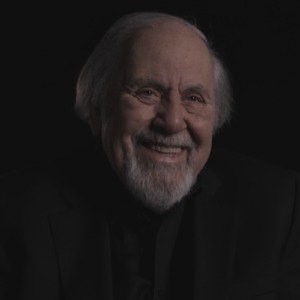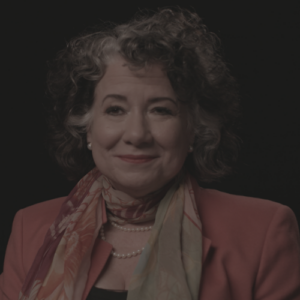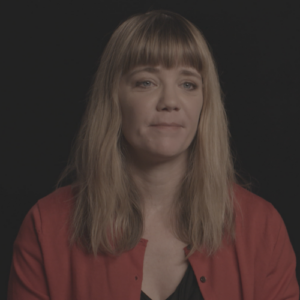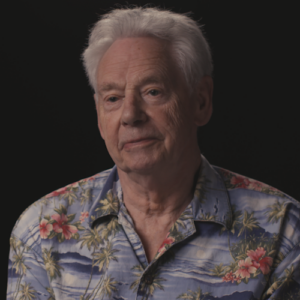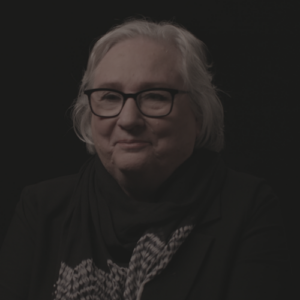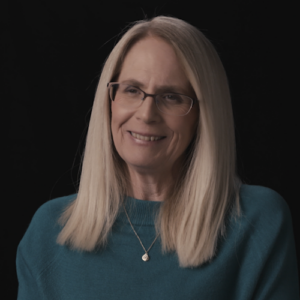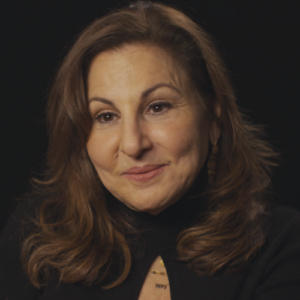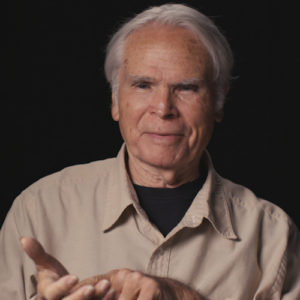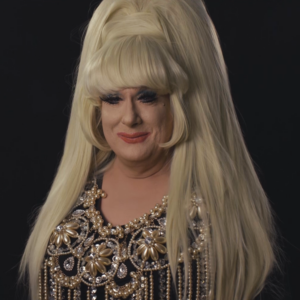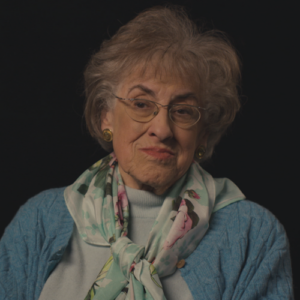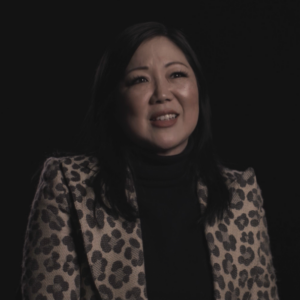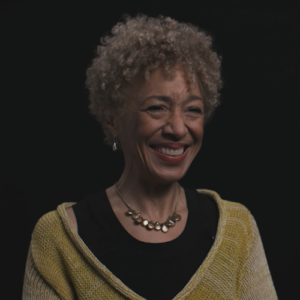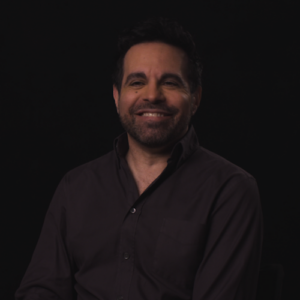Interviewer: So well, I guess growing up in England, did you see any Mae West movies?
Ringo Starr: No. No, I don’t think it was because I grew up in England. I think it wasn’t a movie I’d go to. I don’t know why. I mean, I had no idea she wasn’t when I was a lad.
Interviewer: Well, how did you first become aware of them?
Ringo Starr: Well, I first became aware of her in the seventies. Uh, she wasn’t doing a lot in the seventies, but her image was doing a lot. And sort of people were talking about. And then they called me because of the movie to do work with Mae West. And sure, I just wanted to meet her, really. And. She was just cool. You know what I mean? She was really a cool lady, and I always felt she was in that period. She was one of the ladies in charge, you know? So we loved her for that.
Interviewer: And you say her image was doing a lot in the seventies. What do you mean?
Ringo Starr: Well, I didn’t I don’t know if she was working a lot in the seventies voice, you know, So she came out of the blue and this was happening. And I got involved really, because this guy, Peter Brown, used to work for us in England. She sort of nominated me. And so. Okay.
Interviewer: So why did you take the role?
Ringo Starr: Well, I just thought it’d be great to hang out with me. It wasn’t a big role, and it was good for me because I was like this angry Polish guy. No offense, Hungarian, whatever, you know, slapping like the old image of a director in the jodhpurs and shouting. So I liked it.
Interviewer: Did she know who you were or did she know?
Ringo Starr: We didn’t get into that. I don’t know. I believe so.
Interviewer: Okay, so describe your character.
Ringo Starr: My character was this mad director and, you know, trying to talk in a Eastern Bloc accent. You’ll never get enough time to do it all. Yeah.
Interviewer: That’s great. So what was your early impression when you when you met her?
Ringo Starr: Well, it was incredible because she came into the room on the set, actually. And we we did a photoshoot and I put my arm around her and she had a steel it felt like a steel corset. I mean, there was no movement going on. It was like solid. And the most difficult thing was while we’re working, I’d have to be in this high, intense attitude, and it was getting a bit late for her and she had an earpiece, so you would be telling her lines. So I said yes, and I’d have to wait while you told her what she had to say, and then she would say it. So there’s these gaps all the time. But it was still fun working for it was just fun on the set, you know. But that was the slow down part, trying to keep up that intensity and then wait 10 minutes while she learned the line in front of you. Not 10 minutes, but someone said it to her.
Interviewer: You can sort of see that actually in the film. Yeah.
Ringo Starr: It’s like, yeah, I’ll get back off. Yeah. But the other I mean, the two really cool stories ever about me were because of the film, but not in the film. And she invited us to dinner and she went all the way down to this restaurant She knew downtown, so I don’t even remember the name, but she gets there an hour earlier than you to do the lights. So she you know, she’s got all the lights on as you walk into the restaurant, you know, And we had we had a lot of fun.
Interviewer: Oh, that’s amazing. I never heard that. Yeah.
Ringo Starr: Yeah. And I you know, we had later that she just that wherever she goes, she gets early and make sure the restaurant lights are on her. And the other cool outside story was I threw a party in the house. I had turned up on hassling terrorists and a lot of musicians, pop stars, rock stars, country stars. A lot of people were there. And Mae came and she sort of sat here in this space and they were all kneeling down, wanted to talk to me. It was just like, Oh, okay, leave on, tell me about it, baby. I was like, It was a really cool night. And she was just very cool with it all cause she loved attention. So this was great for her. And so she made the party memorable to a lot of people in this town.
Interviewer: And she would have been in her mid to late eighties probably.
Ringo Starr: You know. Yeah, but it was like, you know, she was like the queen. It was so great. She just sat there, you know, whatever she said to the others, you know.
Interviewer: And yeah, but she because she put the moves on everybody.
Ringo Starr: Of changes and really I don’t feel she ever put a move on me. I mean she would give you a look. That would be about it really. I don’t remember saying come up and see me some time. I started going in your pocket. None of the famous lines. I didn’t hear any of them. But you know what? She said she was getting off. I mean, I was, what was it, 76? 77?
Interviewer: E Yes.
Ringo Starr: Yeah, about there. I mean, I was 36, so she was an old girl then even.
Interviewer: Right. So, So you mentioned the thing about the earpiece.
Ringo Starr: Yeah. That the director would give her her lines into the earpiece and then she would say a lines. She couldn’t retain those lines. She may have retained a lot of other things, but it seemed that that time will work and she didn’t retain the lines.
Interviewer: Yeah. What’s your opinion of the movie?
Ringo Starr: Well, I thought the movie was fun. I thought it was, you know, good for the day. I haven’t seen it since, so who knows?
Interviewer: Did you how would you describe the Mae West sort of persona?
Ringo Starr: Well, a persona was bigger than life. I mean, and as I said, she before, she, you know, was a woman of the world. And, you know, she took command. And you felt that from the start. You felt that moment, 86, I’m still here. You know, she had a really cool thing, which was great for us. I would hang out. Keith Moon came and Harry Nilsson, we hang out there and just generally hang out.
Interviewer: Was she different offset or was she always.
Ringo Starr: No, she was Mae Ono. Mae was Mae in the restaurant and Mae on the set. You know, she had the attitude was she would like she had the walk in no matter where it was, you know, Well, I’m here, you know, lads, whatever.
Interviewer: She’s been called, a female impersonator. Uh, why do you think that is?
Ringo Starr: Know, it’s I don’t know why. I mean, I didn’t feel she was an impersonator to me. I did feel she was a lady.
Interviewer: So she didn’t have, like, a masculine.
Ringo Starr: Oh, she had energy, you know, she had energy. But, uh, you know, it wasn’t I never thought she was a female impersonator. I thought she was a female. And that’s how she was. She was strong, you know?
Interviewer: Well, so this film is for a series called American Masters. Yeah. What would you. What would you say Mae was the master of?
Ringo Starr: Oh, I thought she was the master of attitude and. Oh, yeah, I don’t know, dude. I mean, she came on strong and she the face you down, you know? Yeah, I think that was her attitude, but it was. I didn’t feel it was in an angry way. It’s just like, Eh, I’m here. I didn’t think it was like, you know, I’m here. And usually people do that when a very weak inside they put on an act. I thought she was just I’m Mae West.
Interviewer: So you didn’t think she was weak inside?
Ringo Starr: I did not know. Oh, she doesn’t. And she was great and she was, you know, courteous and, you know, as I say about the Pawnee, all these people like like bug, you know, really, Because, you know, I don’t think anyone had met me at this party and never want to say hi because everybody knew about me. But it was a thrill for everyone and people to this day still so. Oh, wow. And Napoleon party and. And Mae was the Midwest, so. Yeah. So it was a good night.
Interviewer: I’m sure she loved it, too.
Ringo Starr: I’m sure she did. That’s what I’m saying. She wasn’t you know, she was she felt strong, but she was courteous as well. She was like, you know, she’d like she loved it. I mean, you’ve got to imagine she’s sitting down in this house and I don’t know if she knew any of the other people because, you know, there were musicians and pop stars of the day and that was the seventies. But they were fawning all over. So what’s not to like, you know? Yeah.
Interviewer: I mean, it seems from everything we’ve talked to a bunch of her friends who are still around and they all say that until the day she died, she thought she was just the most beautiful woman walking the earth.
Ringo Starr: Yeah, I go along with that. Yeah. She, she just had has it really, you know, I mean she was May and that was that and it’s Take me or take me, you know, that was it. Nobody’s going to leave her because she was powerful.
Interviewer: Well, she’s on the Sgt Pepper album.
Ringo Starr: Well yeah, she is from the Sixties. That was John’s idea for me on and. Okay. But I don’t know if he knew a lot about it either, but she was like the Mae West. She was big in the movies. There was quite a few movie stars on there, so you’d have to ask him.
Interviewer: All right, I’ll get up the board for that. Um, okay. Julie, do you have any other questions? Yeah. Yeah, I think we have everything. There’s nobody like her today, right? I mean, is there anyone you know?
Ringo Starr: No, I can’t, actually. You know, she was. She was. I think from the minute she woke up, she went to sleep. She was. I’m May. And, you know, maybe she went on and cried, but we never saw that. I don’t know. But for the small amount of time I spent with her, she was Mae.
Interviewer: You know? That’s right. Yeah. So she doesn’t really have any descendants today?
Ringo Starr: Not that I know of. No. I don’t think you can be today. Today’s the day she came up from the stars. You know, she people have it today because of people like women like her who had just control and confidence in themselves. It’s good.

